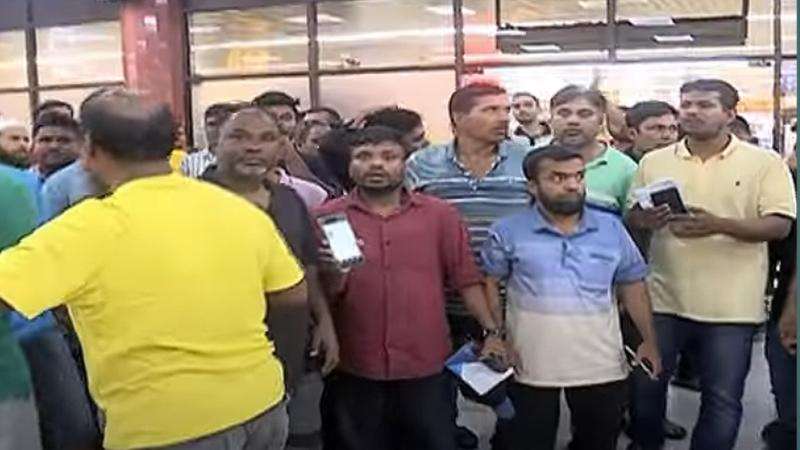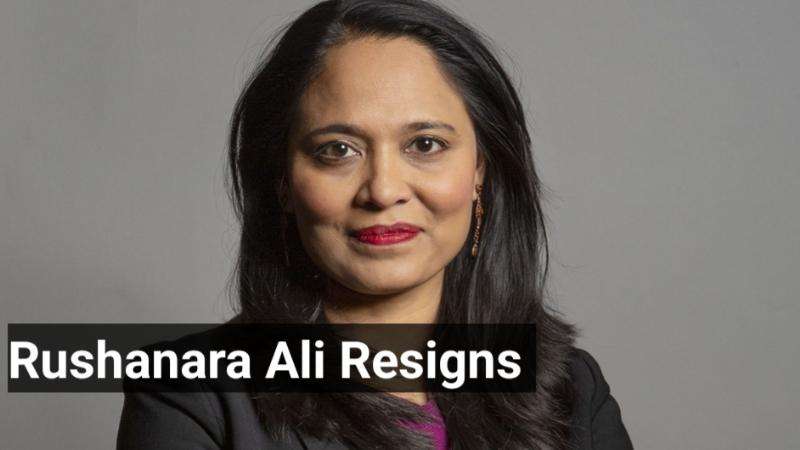In a swift and decisive action, Kuwait has deported 127 Bangladeshi workers who were involved in a protest demanding better wages and living conditions. This mass deportation has sparked a diplomatic effort, with the Bangladeshi ambassador leading the charge to ensure the rights and unpaid dues of the affected laborers are protected.
The incident unfolded after hundreds of migrant workers, a significant number of whom are from Bangladesh, staged a rare labor strike. They were protesting against what they claim are exploitative wages—as low as $30 per month—and poor living conditions, both of which are a stark contradiction to their employment contracts. The peaceful demonstration escalated into a confrontation with Kuwaiti authorities, leading to the arrest of many protesters on charges including property damage and assault on police officers.
The Kafala System and Worker Vulnerability
This event underscores the deep-seated issues associated with the Kafala system—a sponsorship-based employment framework prevalent in many Gulf nations. Under this system, a worker's legal residency is tied directly to their employer, making them highly vulnerable to abuse. Common grievances include wage theft, confiscation of passports, and an inability to switch jobs or leave the country without the employer's consent. This power imbalance often leaves workers without a voice or legal recourse against exploitation.
Bangladesh's Response and Future Actions
The Bangladeshi embassy in Kuwait has moved quickly to address the crisis. The ambassador has publicly assured that the embassy is actively working to secure the unpaid wages and other entitlements of the deported workers. This is not an isolated incident; similar protests and subsequent deportations of Bangladeshi workers have occurred in the past. As a result, there is growing pressure on the Bangladeshi government to implement more robust protective measures for its citizens working overseas and to engage in constructive dialogue with Kuwaiti authorities to reform labor practices and prevent future recurrences.








.svg)


